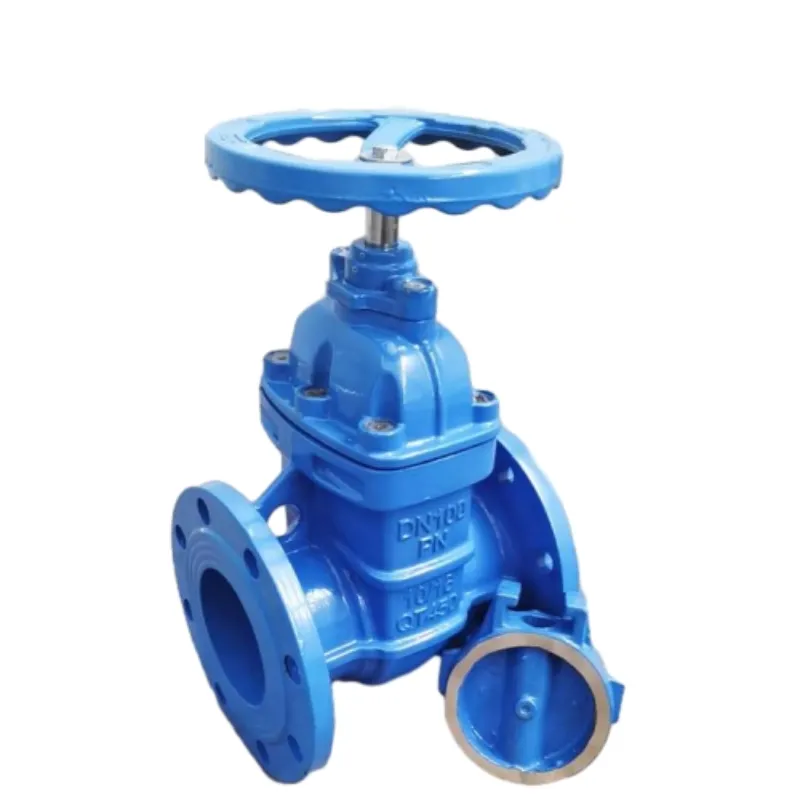Jul . 21, 2024 01:16 Back to list
Exploring the Benefits and Specifications of DN50 Filter Systems for Efficient Filtration Solutions
Understanding Filter DN50 Applications and Importance in Fluid Management
In various industrial and commercial applications, the need for effective fluid management is paramount. One critical component in achieving this is the use of filters, which serve to remove contaminants and impurities from liquids and gases. Among the various sizing standards of filters available in the market, DN50 filters have gained significant attention due to their versatility and efficacy. In this article, we will explore what DN50 filters are, their applications, and their importance in different sectors.
What is DN50?
The term DN stands for Diameter Nominal and is a designation used to specify the diameter of a pipe or fitting. DN50 refers to a pipe with a nominal diameter of 50 millimeters or approximately 2 inches. Filters classified as DN50 are thus designed to fit pipes of this size, ensuring compatibility with various fluid systems. These filters can be used in a range of applications, from water treatment systems to industrial processes, depending on the filter type and design.
Applications of DN50 Filters
1. Water Treatment One of the most common applications for DN50 filters is in water treatment facilities. These filters help remove sediments, debris, and other impurities from water before it enters the main distribution system. By maintaining high water quality, DN50 filters play a crucial role in ensuring safe drinking water for communities and industries alike.
2. Chemical Processing In chemical industries, maintaining the purity of chemicals is essential. DN50 filters are often utilized to separate unwanted particles from fluids, preventing contamination that could affect reactions and product quality. These filters ensure consistent operation and help prevent costly downtime related to maintenance and repairs.
3. Oil and Gas The oil and gas sector relies on DN50 filters to protect machinery and equipment from particulate matter that could lead to operational failures. By filtering out impurities, these filters contribute to the longevity of pumps, compressors, and other vital components within the system.
filter dn50

4. HVAC Systems In heating, ventilation, and air conditioning systems, DN50 filters are crucial for maintaining air quality and system efficiency. These filters trap dust, allergens, and other air pollutants, ensuring cleaner air circulates within buildings and enhancing indoor comfort.
5. Food and Beverage Industry Ensuring the safety and quality of food products is imperative, and DN50 filters are employed in various stages of food and beverage production. They help filter out contaminants that could compromise hygiene and quality, thereby adhering to strict industry regulations.
Importance of DN50 Filters
The significance of DN50 filters extends beyond their immediate function of filtration. They contribute to operational efficiency, safety, and regulatory compliance across various industries. By removing harmful contaminants, these filters not only protect equipment but also ensure that products meet safety standards, thus minimizing the risk of recalls or legal issues.
Moreover, using DN50 filters can lead to cost savings in the long run. By preventing equipment damage and reducing maintenance needs, businesses can allocate resources more efficiently. Therefore, investing in high-quality filters is crucial for any operation involving fluid management.
Conclusion
In conclusion, DN50 filters play a vital role in maintaining the integrity and quality of fluid systems across a variety of applications. Their ability to effectively remove contaminants makes them indispensable in numerous industries, including water treatment, chemical processing, oil and gas, HVAC, and food and beverage. As industries continue to seek improved operational efficiencies and compliance with safety standards, the demand for reliable filtration solutions like DN50 filters will only continue to grow.
-
Why Metric Trapezoidal Thread is Ideal for Precision Motion ControlNewsAug.05,2025
-
The Unique Properties of a Block of Granite for Industrial UseNewsAug.05,2025
-
The Role of Flanged Y Strainers in Preventing Pipeline ClogsNewsAug.05,2025
-
The Importance of Regular Calibration for Master Ring GagesNewsAug.05,2025
-
How a Cast Iron Surface Table Enhances Accuracy in ManufacturingNewsAug.05,2025
-
Comparing Different Check Valve Types for Optimal Flow ControlNewsAug.05,2025
Related PRODUCTS









